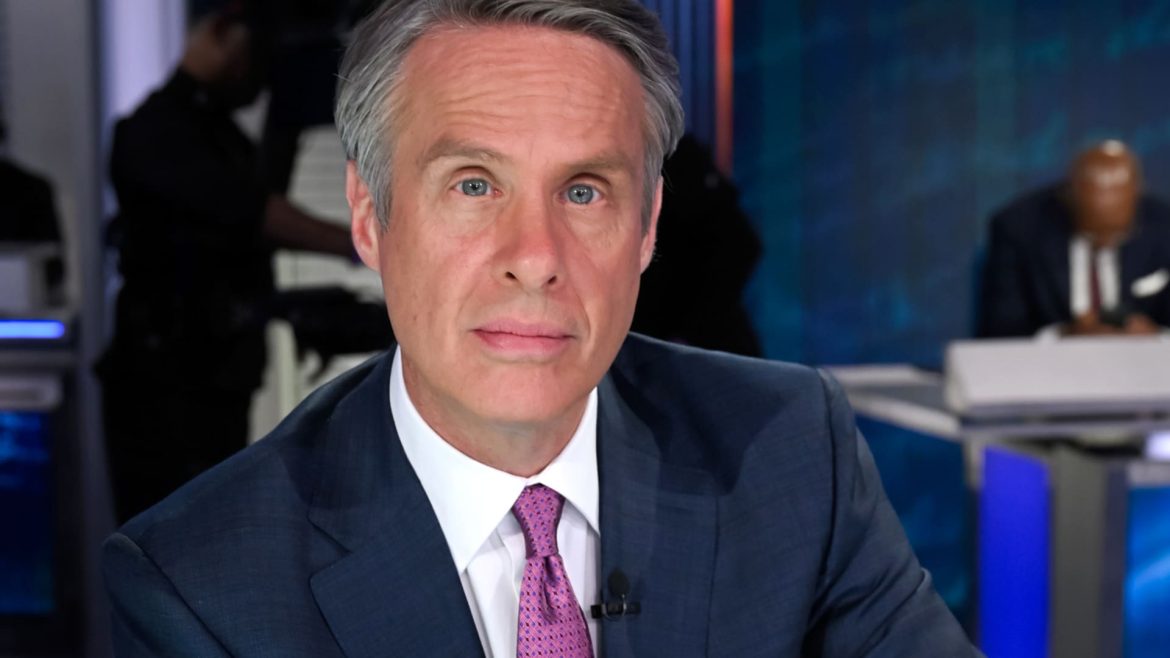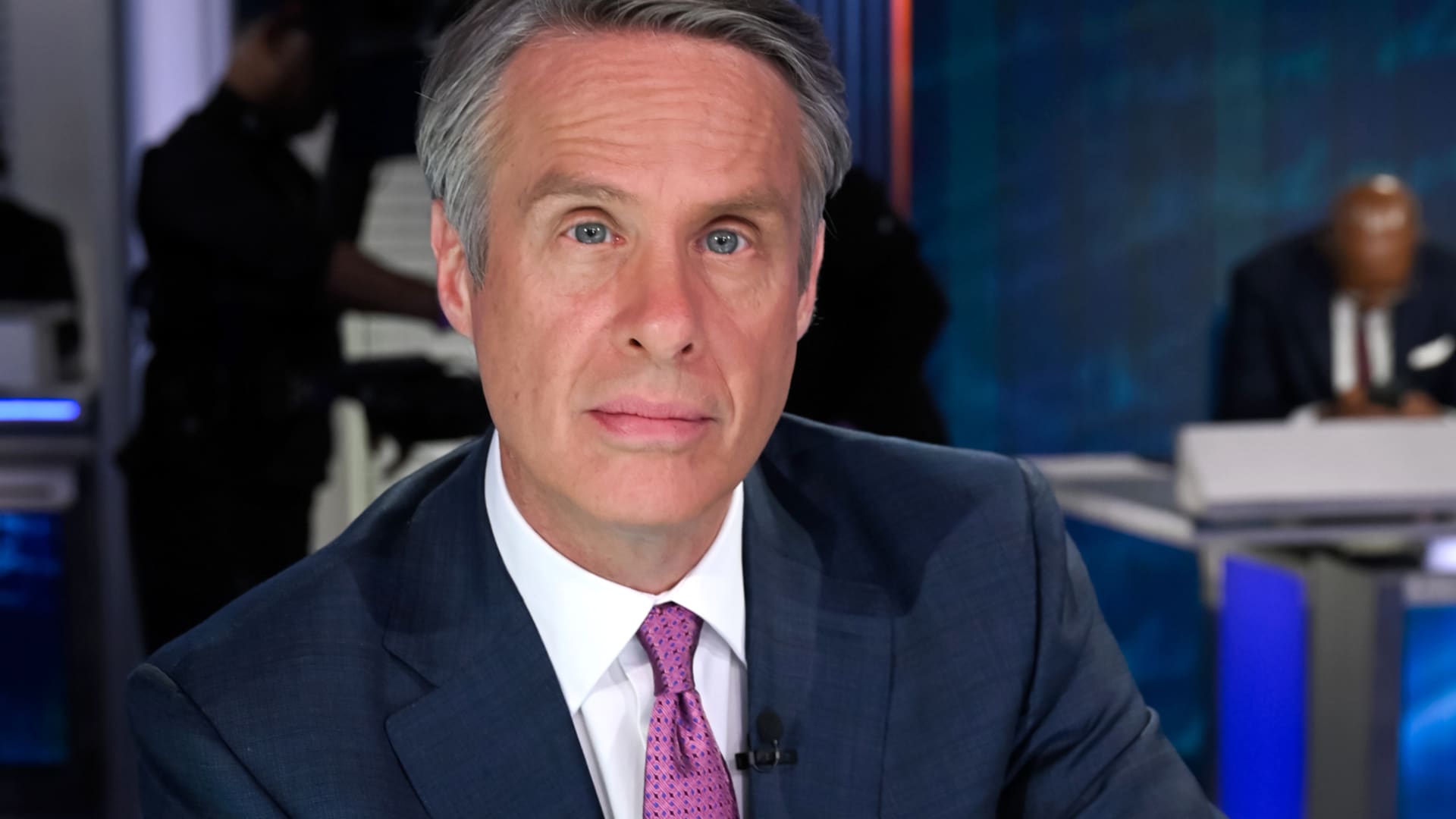The Fallout at ABC News: Terry Moran’s Departure
The news cycle was recently dominated by reports of veteran ABC News correspondent Terry Moran’s departure from the network. This exit was precipitated by a social media post where Moran sharply criticized President Donald Trump and his senior advisor, Stephen Miller, branding Miller a “world-class hater.” The incident sparked a debate around journalistic ethics, social media conduct, and the increasingly blurred lines between personal opinion and professional responsibility in the age of instant communication.
A Tweet Heard Around the Newsroom: The Trigger
The catalyst for Moran’s ouster was a post on the social media platform X, where he criticized Trump and, more specifically, labeled Stephen Miller as a “world-class hater.” While the exact wording and context of the original post remain somewhat obscured due to its deletion, its impact was undeniable and swift. This single act ignited a firestorm within ABC News, leading to Moran’s suspension and ultimately, the non-renewal of his contract.
ABC’s Response: Suspension and Non-Renewal
ABC News’ reaction to Moran’s tweet was decisive. Initially, the network suspended him pending review of the incident. Subsequently, ABC News announced that it would not be renewing Moran’s contract, citing the social media post as a “clear violation of ABC News policies.” The network emphasized that Moran’s contract was already nearing its end but made it clear that the controversial post significantly influenced their decision.
The Contractual Context: Timing and Justification
A key element of this narrative is the timing of Moran’s contract expiration. ABC News highlighted that its agreement with Moran was concluding, suggesting that the decision not to renew was, in part, a matter of course. However, by explicitly linking the non-renewal to the social media post, the network underscored the gravity of Moran’s actions and the violation of company policy. This explanation attempts to provide a rationale for the decision while simultaneously reinforcing the network’s commitment to impartiality and professional conduct.
Internal Reactions and Fallout: Staff Discontent
Reports indicate that Moran’s actions were not well-received by some of his colleagues at ABC News. Sources described a sense of frustration and disappointment among staffers, with some reportedly calling for Moran’s removal. This internal discontent highlights the potential damage that individual actions can inflict on a news organization’s reputation and the importance of adhering to established journalistic principles. The incident served as a stark reminder of the responsibility that journalists bear, not only to report the news accurately but also to maintain objectivity in their public pronouncements.
The Debate: Free Speech vs. Journalistic Ethics
Moran’s case ignited a broader discussion about the boundaries of free speech for journalists. It raises questions about the extent to which journalists can express personal opinions on political matters without compromising their professional credibility or the perception of impartiality. While journalists, like all citizens, have the right to express their views, their positions within news organizations place them under greater scrutiny. The need to maintain public trust and avoid even the appearance of bias requires a delicate balance between personal expression and professional responsibility.
The ‘World Class Hater’ Epithet: Incendiary Language
The core of the issue lies in the loaded language used within the tweet. Calling a public figure a “world-class hater” is inflammatory and goes beyond simple disagreement. This kind of pejorative language introduces a level of personal animosity that undermines the credibility of a journalist, who ideally should be viewed as impartial and objective. While some might argue that the description is accurate, the use of such a label, regardless of its perceived truth, casts doubt on the journalist’s ability to cover the figure and administration fairly.
Policy Violations and Professional Standards: A Gray Area?
ABC News cited policy violations to justify the non-renewal of Moran’s contract. While the specific policies were not publicly disclosed, they likely pertain to standards of conduct on social media and the avoidance of partisan commentary. The incident underscores the growing need for news organizations to establish clear guidelines for journalists’ social media activity. In an era where social media blurs the line between personal and professional lives, news organizations must proactively address this complex issue to maintain journalistic integrity.
Legal and Contractual Considerations: An Examination
While the news reports imply a direct link between the tweet and the non-renewal, it is reasonable to assume that legal and contractual considerations played a role. Employment contracts often include clauses that allow employers to terminate or not renew agreements based on conduct that harms the company’s reputation. ABC News likely conducted a thorough legal review to ensure that its decision was consistent with applicable laws and contractual obligations.
Precedent and the Industry Standard: A Cautionary Tale
Moran’s departure from ABC News serves as a cautionary tale for journalists navigating the world of social media. It reinforces the existing industry standard against public endorsements of political candidates and parties. The case demonstrates the potential consequences of expressing personal opinions on politically charged topics, even on personal social media accounts. It is a reminder that journalists are always, to some extent, representatives of their respective news organizations, and their actions can have far-reaching implications.
The Future of Journalistic Expression: Finding a Balance
The Terry Moran incident highlights a pivotal challenge for the news industry: how to balance the First Amendment rights of journalists with the need to maintain public trust and avoid the appearance of bias. As social media continues to evolve and play an increasingly prominent role in public discourse, news organizations will need to adapt their policies and practices to address these challenges. Finding a solution that respects both the freedom of expression and the integrity of journalistic standards is critical to the future of the profession.
Impartiality Tested: An Industry-Wide Wake-Up Call
In the end, Terry Moran’s exit from ABC News stands as a potent reminder: Even the most seasoned journalists must tread carefully in the digital age. The line between private citizen and public figure has blurred, and a single social media post can have far-reaching professional consequences. But the legacy of this incident is not just cautionary; it’s a wake-up call for the entire industry, pushing networks and journalists alike to re-evaluate the balance between free expression and the bedrock principles of journalistic integrity.





